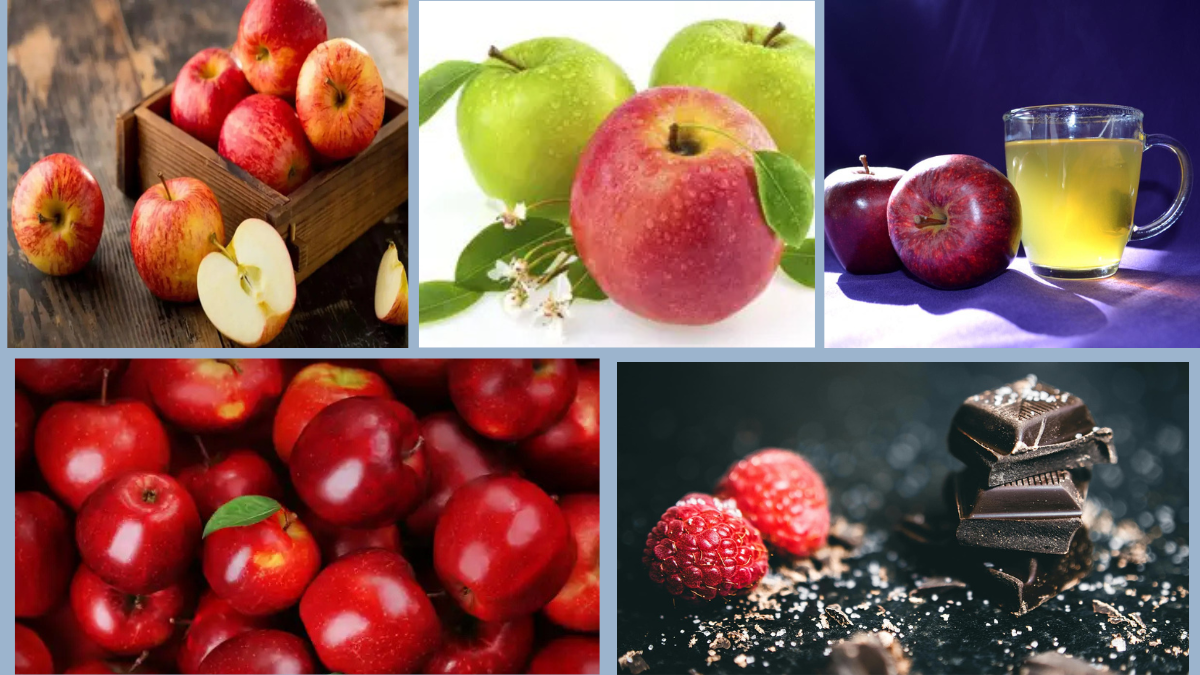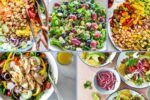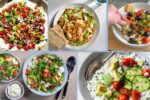In a world where chronic diseases such as cancer continue to pose significant health challenges, a new beacon of hope has emerged from recent research. A groundbreaking study has revealed that berries, apples, and tea—simple, everyday plant-based foods—may play a powerful role in lowering cancer risk.
This isn’t just another nutrition headline; the science behind this finding is both compelling and accessible. Whether you’re looking to prevent illness, improve overall wellness, or support your body naturally, incorporating these antioxidant-rich foods into your daily routine could be one of the easiest and most delicious steps you can take.
Let’s explore what the study found, why these plant foods are so protective, and how you can incorporate them into your daily, non-meat diet for maximum benefit.
The Study That’s Turning Heads
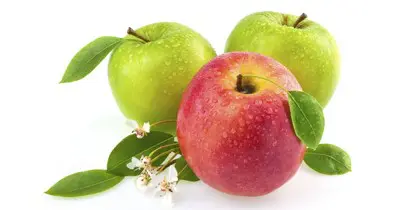
A new population-based study, published in a leading peer-reviewed journal, analyzed the diets and health outcomes of over 100,000 individuals over a span of several years. The researchers found that individuals who regularly consumed foods high in flavonoids, a class of antioxidants, had a significantly lower risk of developing several types of cancer—especially those affecting the digestive system and lungs.
The most protective foods? Berries, apples, and tea—all of which are rich in flavonoids such as quercetin, catechins, and anthocyanins.
Key Findings:
- Regular intake of berries was associated with a 25% lower risk of gastrointestinal cancers.
- Daily consumption of apples reduced the incidence of lung cancer by up to 20%, especially among non-smokers.
- Green and black tea drinkers saw a 15–30% decrease in overall cancer risk due to the powerful polyphenols they contain.
These results held up even after adjusting for other lifestyle factors like physical activity, BMI, and smoking status—highlighting the unique role these foods may play in cancer prevention.
What Are Flavonoids and Why Do They Matter?
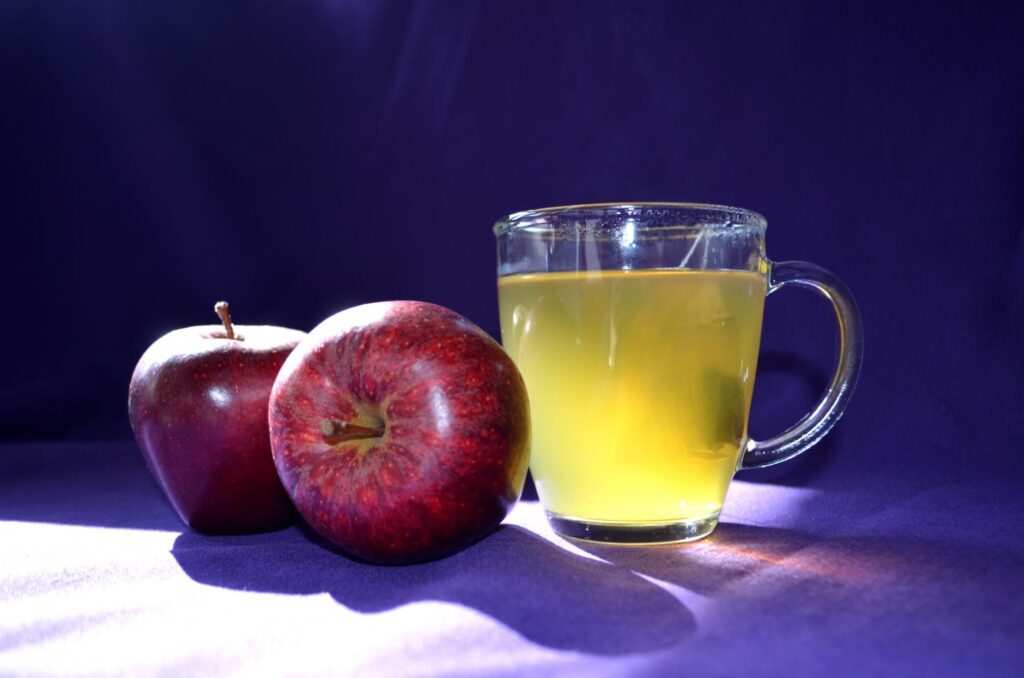
Flavonoids are natural compounds found in fruits, vegetables, herbs, and teas. They act as antioxidants, helping to neutralize free radicals—unstable molecules that can damage cells and lead to cancerous changes in DNA.
In addition to their antioxidant activity, flavonoids are also:
- Anti-inflammatory: Chronic inflammation is a major contributor to cancer development.
- Anti-proliferative: Flavonoids may help prevent the multiplication of cancer cells.
- Apoptotic: They can encourage damaged or dangerous cells to undergo natural cell death.
- Anti-angiogenic: Some flavonoids help block the formation of new blood vessels that feed tumors.
By consuming flavonoid-rich foods daily, you give your body a powerful set of tools to help defend itself.
Berries: Tiny Fruits with Massive Impact
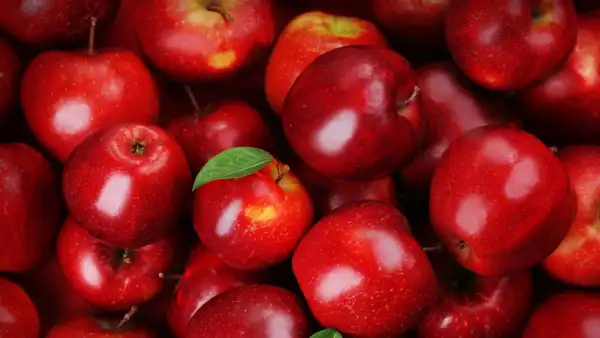
Whether it’s blueberries, raspberries, strawberries, or blackberries, these fruits are nutritional powerhouses.
Why Berries Are So Protective:
- Rich in anthocyanins, the pigments that give berries their deep red, purple, and blue hues.
- High in vitamin C, a potent antioxidant that boosts immune function.
- Contain ellagic acid, which has been shown in animal studies to inhibit tumor growth.
Best Ways to Enjoy Berries:
- Add fresh or frozen berries to smoothies.
- Stir into oatmeal or whole-grain porridge.
- Toss on top of a leafy green salad with walnuts and lemon vinaigrette.
- Use as a natural sweetener for chia seed pudding or yogurt alternatives.
Tip: Frozen berries retain their nutrients and are often more affordable—perfect for year-round use.
Apples: Crunchy Cancer Fighters
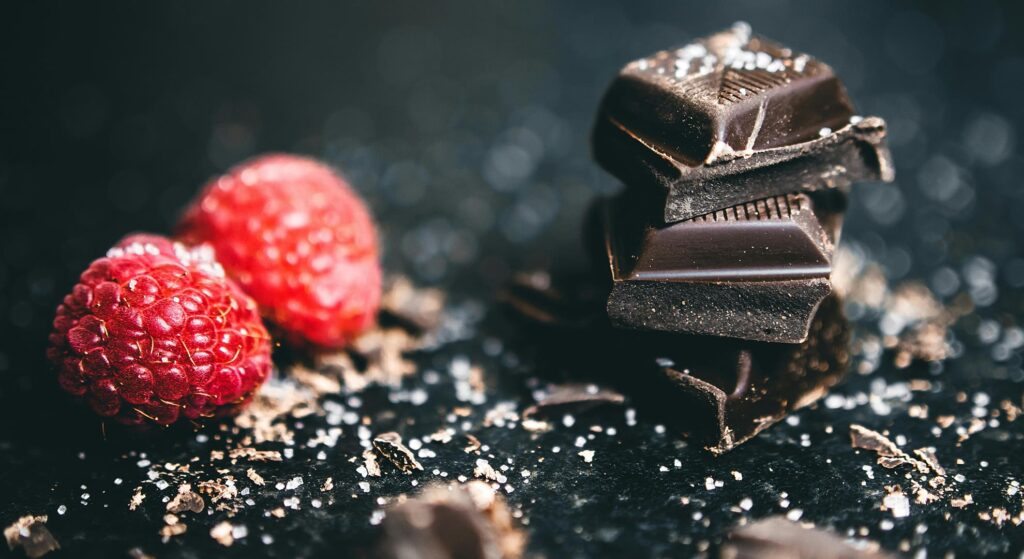
You’ve heard the saying, “an apple a day keeps the doctor away,” but now it seems it may keep cancer at bay as well.
Why Apples Work:
- Rich in quercetin, a flavonoid shown to reduce oxidative stress in lung and colon tissues.
- Contain pectin, a type of fiber that supports gut health and may reduce colon cancer risk.
- The apple peel is especially high in flavonoids—so always go organic when possible and eat the skin!
Delicious Apple Ideas:
- Slice and dip in almond or peanut butter.
- Bake with cinnamon for a healthy dessert.
- Add to slaws, salads, or quinoa bowls for sweetness and crunch.
- Simmer into homemade, no-sugar-added applesauce.
Pro tip: Pair apples with a fat source (like nuts or seeds) to enhance flavonoid absorption.
Tea: A Daily Ritual With Powerful Benefits
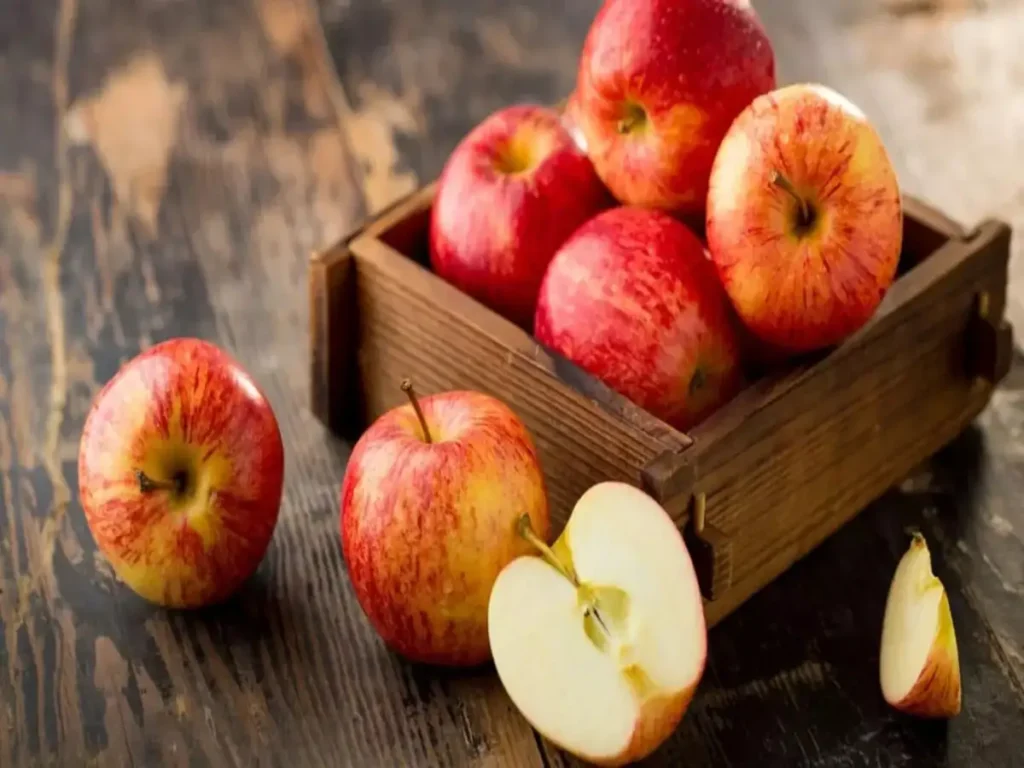
Tea, especially green and black varieties, contains catechins and theaflavins—two flavonoid groups that have shown anticancer effects in lab and human studies.
Benefits of Tea:
- EGCG, a catechin found in green tea, helps inhibit cancer cell growth and can trigger apoptosis.
- Tea polyphenols reduce inflammation and help block tumor cell blood supply.
- Regular tea drinking is linked with lower rates of breast, prostate, and colorectal cancers.
How to Brew for Health:
- Steep green tea for 2–3 minutes at ~80°C (not boiling) to preserve antioxidants.
- Black tea can be brewed a bit longer and hotter.
- Avoid adding milk, which can bind to polyphenols and reduce absorption.
- Enhance with lemon or a dash of cinnamon for extra antioxidant power.
Daily goal: 2–3 cups of unsweetened tea can provide significant protective benefits.
How to Build a Cancer-Fighting Plant-Based Day
Here’s how you can incorporate these superfoods into a daily, non-meat meal plan that supports long-term wellness.
Breakfast:
- Berry Smoothie Bowl: Blend frozen blueberries, banana, chia seeds, and oat milk. Top with sliced apples, walnuts, and pumpkin seeds.
- Green Tea: Sip a cup alongside for an antioxidant double hit.
Lunch:
- Kale Salad with Apples & Berries: Toss kale with lemon juice, olive oil, thin-sliced apples, dried cranberries, and sunflower seeds.
- Serve with a whole-grain wrap or a quinoa side.
Afternoon Snack:
- Apple Slices with Almond Butter
- A cup of black tea with cinnamon and a dash of oat milk
Dinner:
- Roasted Veggie Grain Bowl: Mix roasted sweet potato, broccoli, and beets with brown rice, and top with a berry vinaigrette.
- Herbal Tea like hibiscus or rooibos for a caffeine-free evening option.
By layering these foods throughout your day, you create a synergistic effect—each bite builds on the last, helping your body repair, protect, and thrive.
Additional Plant Foods That Help
While berries, apples, and tea are the stars of this study, other flavonoid-rich foods also offer anti-cancer benefits:
- Onions and garlic
- Citrus fruits
- Dark chocolate (85%+ cacao)
- Spinach, kale, and broccoli
- Soy products like tofu and tempeh
The key is variety. A colorful, diverse, plant-based plate is your best natural defense.
Final Thoughts: Small Changes, Big Protection
This study confirms what many nutrition experts have long believed: what you eat matters immensely when it comes to disease prevention. And the best part? You don’t need exotic or expensive superfoods. The humble berry, crisp apple, and calming cup of tea offer incredible protection—delivered straight from nature.
If you’re looking for a simple, sustainable, and meat-free way to reduce your cancer risk and support vibrant health, these foods are a perfect place to start.
Every bite can be a form of medicine. So why not make each one count?
